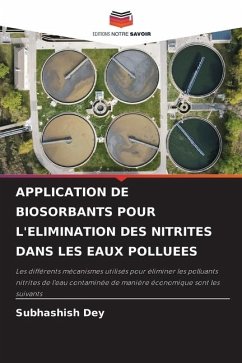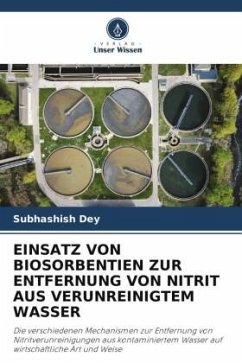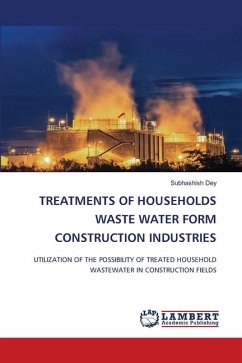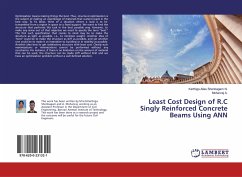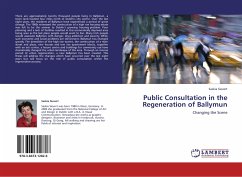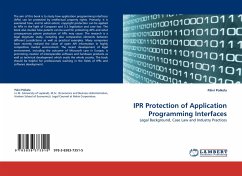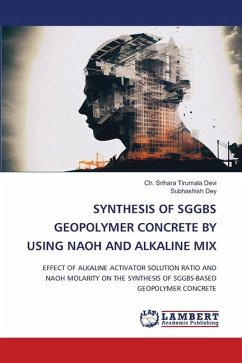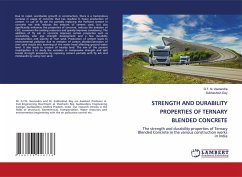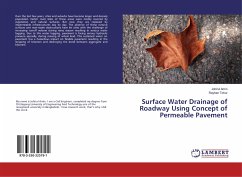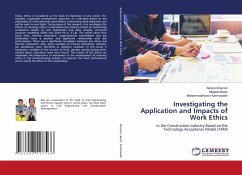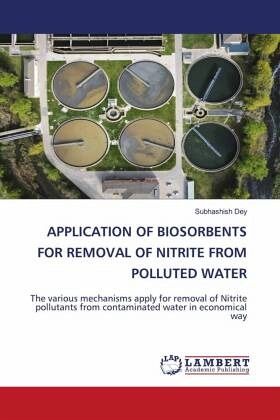
APPLICATION OF BIOSORBENTS FOR REMOVAL OF NITRITE FROM POLLUTED WATER
The various mechanisms apply for removal of Nitrite pollutants from contaminated water in economical way
Versandkostenfrei!
Versandfertig in 6-10 Tagen
29,99 €
inkl. MwSt.

PAYBACK Punkte
15 °P sammeln!
In rural India the contamination of water by nitrite is profound. Cost- effective and safe water treatment methods are required to remove nitrite from water. A nitrite is regulated in drinking water quality primarily because excess amount can cause methemoglobinemia (also known as blue baby syndrome) disease. The fresh water contains 3% in the worldwide. Human and industrial activities produce and discharge wastes containing nitrite metal into the water resources making them polluted and threatening human health and ecosystem. Conventional methods for the removal of nitrite metal ions such as ...
In rural India the contamination of water by nitrite is profound. Cost- effective and safe water treatment methods are required to remove nitrite from water. A nitrite is regulated in drinking water quality primarily because excess amount can cause methemoglobinemia (also known as blue baby syndrome) disease. The fresh water contains 3% in the worldwide. Human and industrial activities produce and discharge wastes containing nitrite metal into the water resources making them polluted and threatening human health and ecosystem. Conventional methods for the removal of nitrite metal ions such as chemical precipitation and membrane filtration are more expensive when treating large amounts of water, inefficient at low concentrations of metal and generate large quantities of sludge and other toxic products that require careful disposal. Bio-sorption is eco-friendly and alternative methods for treatment of waste-water. These methods have advantages over conventional methods because it has a lower cost, easily available and reused. The present work studies the feasibility use of neem leaf, custard apple leaf, guava leaf, mango tree leaf and banana peel as a biosorbent in removal.



